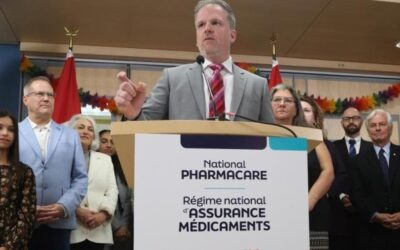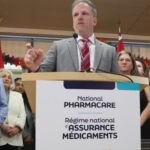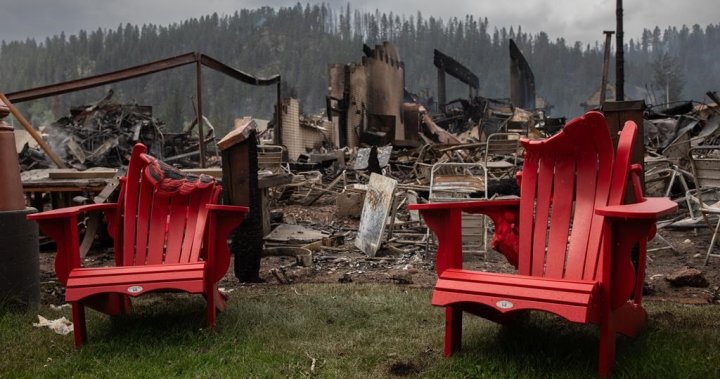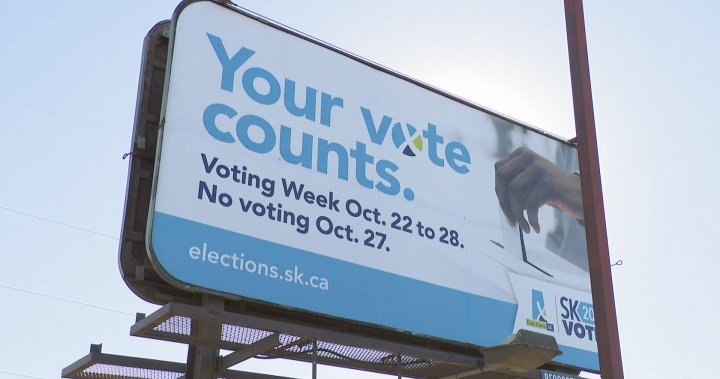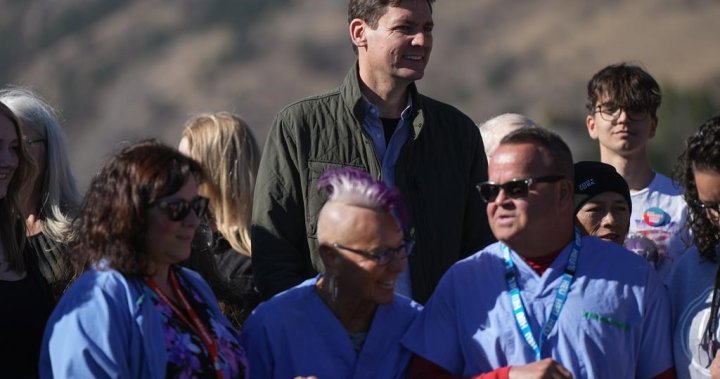US FDA Rejects Psychedelic Drug Treatment for PTSD. Here’s Why – National
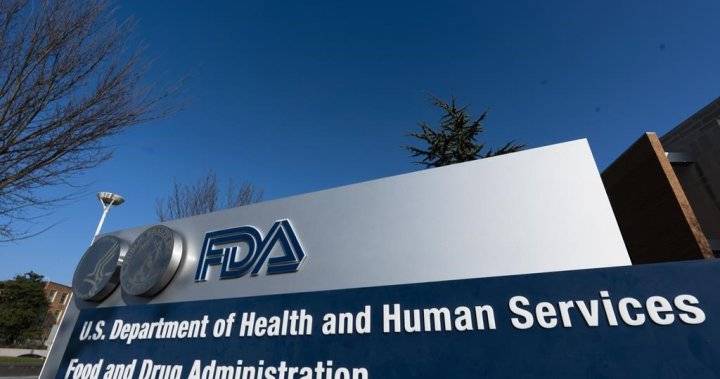
Federal health regulators on Friday declined to approve the psychedelic drug MDMA as therapy for PTSDa major setback for groups seeking a decisive ruling in favor of using psychotropic substances to treat serious illnesses mental health terms.
Drugmaker Lykos Therapeutics said the FDA notified the company that its drug “cannot be approved based on the data submitted to date” and requested an additional late-stage study. Such studies typically take several years and cost millions of dollars. The company said it plans to ask the agency to reconsider its decision.
Lykos and other psychedelic companies hoped that MDMA would be approved and pave the way for other hallucinogenic drugs to enter the medical mainstream. If the FDA had granted the request, MDMA, also known as ecstasy or molly, would have become the first illegal psychedelic to receive federal marketing approval.
The FDA’s decision was expected after a panel of government advisers voted overwhelmingly against using the drug to treat post-traumatic stress disorder in June. The negative vote came after a daylong meeting in which experts reviewed data from the Lykos study, research methods and the drug’s possible risks, including heart problems, injuries and abuse.
The FDA said Friday that the MDMA marketing authorization application had “significant limitations” that “prevent the agency from concluding that the drug is safe and effective for the proposed indication.” The agency said it would continue to encourage “innovation in psychedelic treatments and other therapies to address these medical needs.”
Lykos said the issues raised by the FDA in what is called a complete response letter echoed concerns expressed at the June meeting.
“The FDA’s request for a new study is deeply disappointing,” Lykos CEO Amy Emerson said in a statement Friday. “We are heartbroken for the millions of veterans, first responders, victims of sexual and domestic abuse, and countless others suffering from PTSD who now face years without access to new treatment options.”

Lykos is essentially a subsidiary of the country’s leading psychedelics advocacy group, the Multidisciplinary Association for Psychedelic Studies, or MAPS, which funded the initial MDMA studies by raising millions of dollars from wealthy backers.
The group has pioneered research into the medical use of psychedelics, which big pharmaceutical companies have been unwilling to fund. Two small studies submitted to the FDA suggested that combining MDMA with talk therapy led to significant reductions in symptoms of post-traumatic stress disorder.
The latest health and medical news
I send it to you by email every Sunday.

Get weekly health news
Get the latest medical news and health information delivered to your inbox every Sunday.
Antidepressants are now the only FDA-approved drugs for post-traumatic stress disorder, which is closely linked to depression, anxiety and suicidal thoughts and is more common among women and veterans.
In recent years, MDMA research has been widely publicized by veterans, who say the lack of treatment options for the condition has contributed to higher suicide rates among military personnel. Last month, veterans who support psychedelic therapy rallied on Capitol Hill in support of the drug. And more than 80 lawmakers from the House and Senate have signed letters to the FDA in recent weeks calling for approval of MDMA.
But the FDA review shed new light on the research. The vast majority of patients in Lykos studies correctly guessed whether they had received MDMA or a dummy pill, making it “nearly impossible” to maintain the “blinding” that is considered essential for medical research, according to FDA insiders.
In recent months, separate allegations of misconduct have emerged, including that some researchers involved in the studies advised patients to suppress negative results or inflate positive results.
Despite the setback, many experts believe other psychedelics may fare better before the agency.

MDMA is the first in a series of psychedelics expected to be reviewed by the FDA in the coming years amid renewed interest in their therapeutic potential.
The idea of using psychedelics to enhance psychotherapy is not new. A handful of therapists in California used MDMA in the 1970s and 1980s—when it was still legal—to facilitate couples therapy sessions. MAPS was founded in 1986 to oppose a federal ruling that put MDMA in the same ultra-restrictive drug category as heroin, LSD, and other illegal psychedelics.
MAPS studies on MDMA began more than a decade ago. Since then, dozens of small pharmaceutical startups have jumped into the field, studying other substances like psilocybin and LSD to treat conditions like depression, addiction, and anxiety. These studies are typically larger and more rigorous than the MDMA studies submitted to the FDA.
Two drug developers, Compass Pathways and Usona Institute, are conducting advanced studies of psilocybin – the active ingredient in magic mushrooms – for severe depression.
In Canada, The Senate released a report last year which recommended that the federal government “immediately” conduct a “major research program” into how psychedelics can help veterans suffering from PTSD.
—With additional files from Global News
© 2024 The Canadian Press


